Some people are constantly cold. Their hands, feet, or their whole body are always cold, regardless of the season or the weather outside.
The feeling of cold can be a sign of ailments and the consequence of several factors, such as an inadequate diet or a sedentary lifestyle. In the following, we will reveal eight diseases that cause the sensation of cold, as well as the factors that can influence the body temperature.

In general, if you do not stand the cold, this may indicate a metabolism problem. Also, the continuous feeling of cold can be caused by a low percentage of body fat, which influences body temperature.
The cold sensation can also be attributed to an infection such as colds or pneumonia, infections that cause a disturbance of body temperature. At the same time, in the case of infections, the cold sensation disappears with the treatment of the cause.
Cold sweats caused by decreased tension and cold sensation in isolated parts of the body can be unpleasant and uncomfortable. Discover the following causes, factors, and diseases that cause the sensation of cold.
Possible causes of the cold sensation
- Hunger
- Anorexia
- Fatigue
- Infections
- Menopause
- In women, the amount of estrogen has a significant impact on body temperature, especially after menopause or pregnancy.
- Low body fat percentage
- Problems with blood circulation
Here are eight diseases that cause the sensation of cold
Anemia

Anemia is a disease that is characterized by decreased hemoglobin in the blood. This is a protein that is used to transport oxygen into the blood. The lack of red blood cells (also called erythrocytes) leads to anemia, which, in turn, causes a sensation of cold, fatigue, pallor, irregular palpitations and difficulty breathing when performing physical exercises. Anemia is, therefore, one of the most severe diseases that cause the sensation of cold.
Iron deficiency
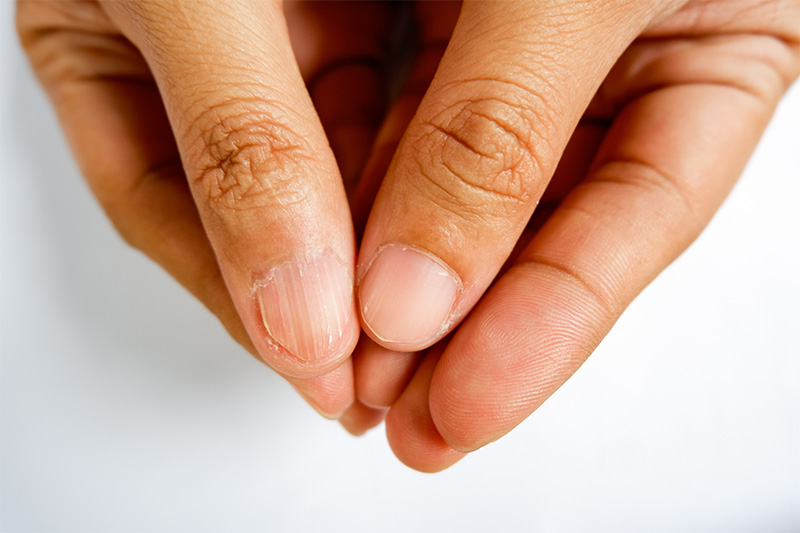
When a person suffers from iron deficiency, he is prone to chills and cold sweats. Iron is a mineral that plays a vital role in the transport of oxygen to blood cells. This is a process that has a significant role in regulating the temperature of the whole body.
People who have a permanent cold sensation are recommended to have blood tests to check if the sensation is due to iron deficiency.
Circulation problems
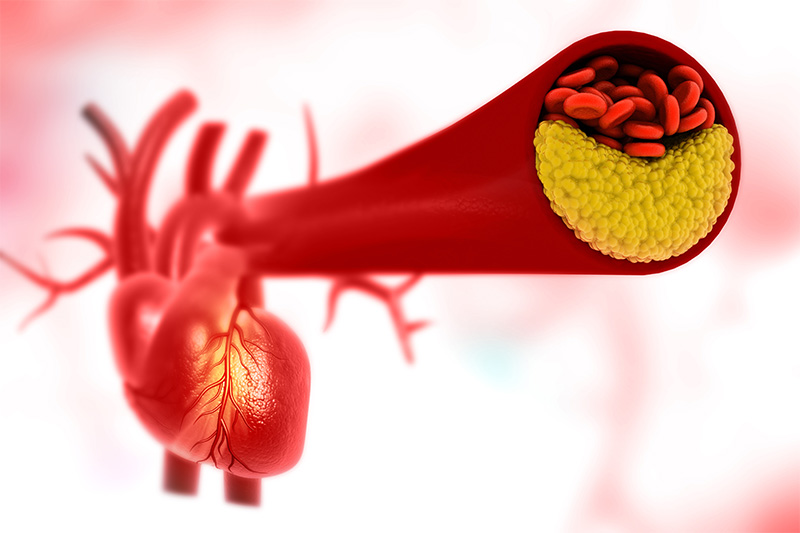
Some of us, even though we have a normal body temperature, can have a cold sensation only in certain areas, especially at the extremities. No matter the season, it can be summer or winter, you will feel your hands or feet cold. The extremities can sometimes take on a blue hue and may numb. This may indicate a blood circulation problem.
Raynaud’s Syndrome
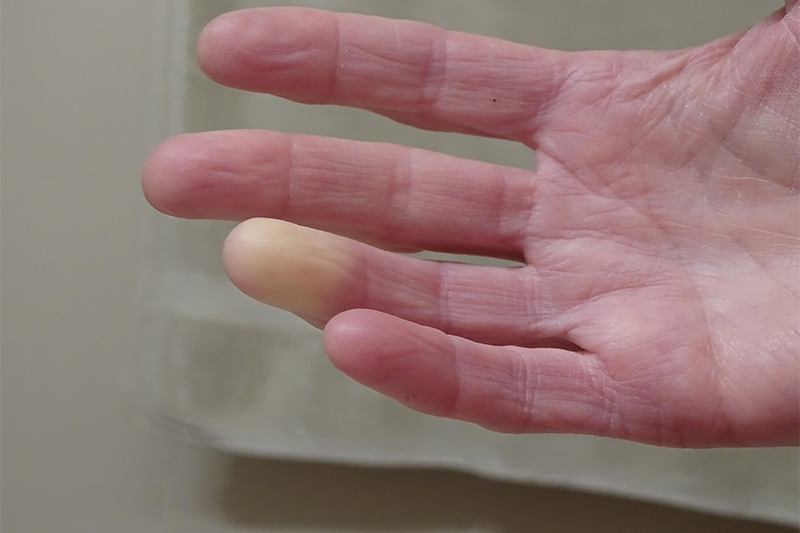
Raynaud’s Syndrome is a disorder of the bloodstream that can cause a permanent sensation of cold in the hands and feet. This is, in fact, one of the most serious diseases that cause the feeling of coldness and affect only some areas of the body.
The cold may occur sporadically or due to exposure to it, and the symptoms may manifest for several minutes or hours. When the person in question has an episode of chills, he will be advised to move and massage the affected areas to stimulate circulation and to generate heat.
Patients with Raynaud’s Syndrome will have white skin on the extremities due to lack of blood. In addition to the cold sensation, the affected area may numb or become sensitive.
Thyroid problems

Feeling of cold and fatigue, dry skin, thinning and brittleness of hair, as well as weight gain may be symptoms of hypothyroidism. This hormone has the role of regulating body temperature. For this reason, hypothyroidism is on the list of diseases that cause the sensation of cold. People suffering from thyroid disorders usually have a low body temperature. They also become more sensitive to low temperatures.
The thyroid also regulates the body’s metabolism and reactions. Metabolism slows down in case the thyroid gland does not produce thyroid hormones effectively.
Diseases of the blood vessels
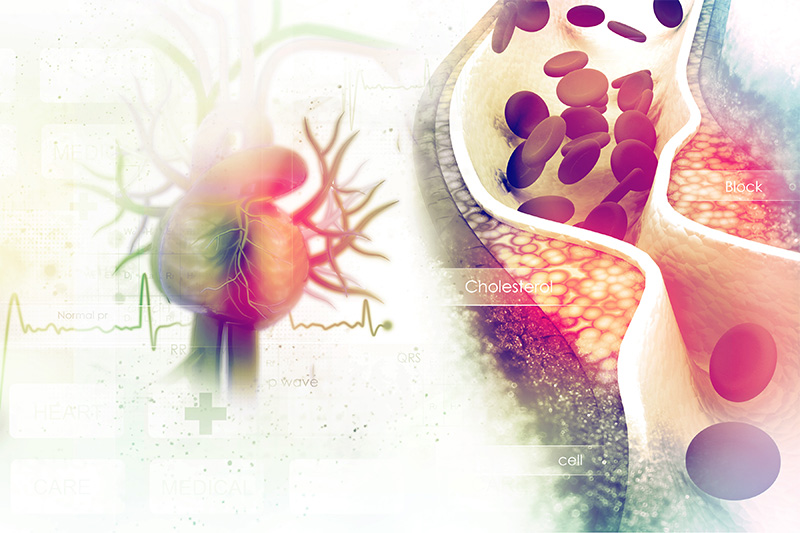
When the blood flow to the hands and feet is blocked, it causes a cold sensation. The obstacle may be linked to a condition of the blood vessels, such as coagulation problems or arteriosclerosis. Because of these conditions, the skin of the hands or feet becomes white or blue, and tingling may occur in the affected area.
Diabetes
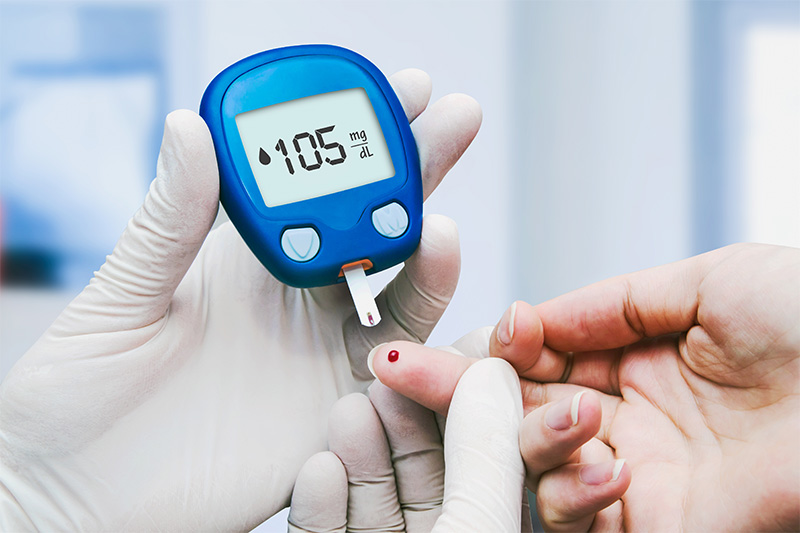
Diabetes is one of the most common diseases that cause the sensation of cold. Diabetes has the symptom of kidney pain, also known as diabetic nephropathy, and its most common symptom is even a cold sensation. Also, diabetes causes breathing difficulties, inflammation of the legs, hands, face, as well as nausea and vomiting.
Anorexia

One of the main symptoms of anorexia is the cold sensation. This is related to the low percentage of body fat, but also to any other element that harms the body.
Nutrition and body weight significantly influence the sensitivity to heat and cold. In this sense, unhealthy and poor nutrition in nutrients leads to the appearance of chills, fatigue, and cold sensation.
The body will function optimally only if the body temperature is around 37 ° C.
Other factors (not diseases) that cause the sensation of cold

Alcohol consumption
Many of us assume that body temperature increases after alcohol consumption, regardless of quantity. But alcohol does not heat the body at all. On the contrary, alcohol carries heat to the surface of the body, that is, it transfers internal heat to the outside. When the veins contract, the sensation of heat disappears, and thus, the person will start to shiver from the cold.
Tiredness

When the body starts to get tired (either due to lack of sleep or due to chronic fatigue), it will function slowly and inappropriately. The body produces less energy and thus reduces body temperature.
A low percentage of body fat
People who have a low body fat percentage will feel cold faster and more frequently than others because they do not have enough fat in the body to provide a protective layer for the body.
Vitamin B12 deficiency

The body needs vitamin B12 to produce red blood cells, the cells that carry the oxygen needed by the body. Vitamin B12 deficiency can cause a cold sensation, which can become chronic. This deficit may be the result of poor nutrition in this substance, but also intestinal malabsorption.
Some medications that cause hypothermia
People do not pay attention to the fact that some medicines can cause various severe side effects, for example, urinary incontinence, hypothermia, or even aggravation of hypothermia. These may be, for example, neuroleptics, barbiturates (sedatives), vasodilators, several antihypertensive drugs, antiepileptics, etc.
To avoid unpleasant side effects, it is essential always to read the package leaflet or ask a doctor.
Recommendations for improving the cold sensation
- Exercise.
- Hydrate yourself.
- Avoid alcohol and smoking.
- Maintains a balanced diet.
- Eat chicken or vegetable soup.
- Consume more onion, garlic, and ginger.
- Consume dried fruits rich in fatty acids such as omega 3.
If the cold sensation is the result of low temperatures, follow these simple steps: wear thicker clothes or wear more layers of clothing and consume food and hot drinks.
On the other hand, if it is not a low temperature, you may have some diseases that cause the sensation of cold. It is crucial to find the cause and the proper treatment of this unpleasant symptom as the cause of the health problems will require medical care.


